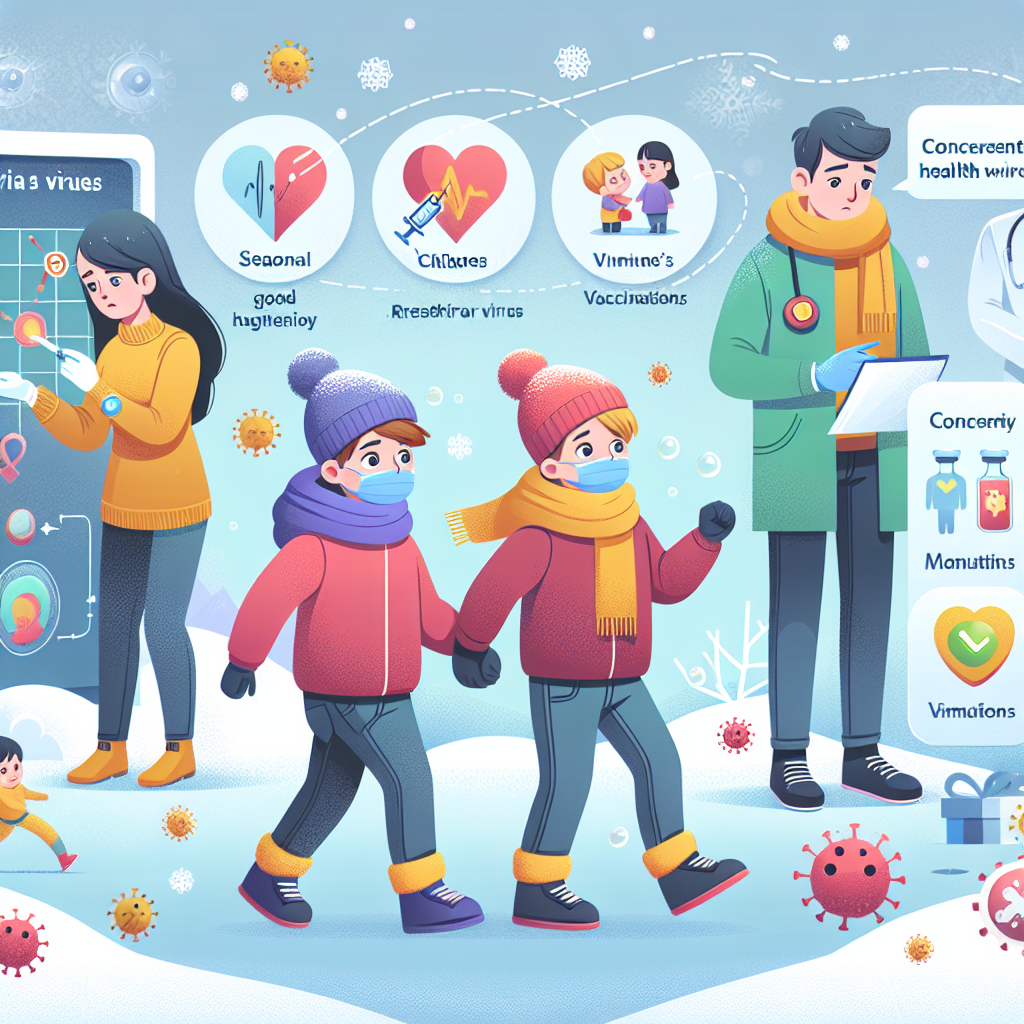Seasonal Colds in Children: How to Avoid Them
When the leaves start to fall and the air gets colder, we know cold season is approaching. Parents are at the forefront of the fight against viruses that appear, especially among the little ones. Next, we will explore how we can effectively prevent and deal with these viruses in children.
Motor Development
Motor development is one of the most visible stages of a child's growth. From the first weeks of life, babies begin to develop their reflexes and muscle control. This development is crucial for the ability to roll over, sit down, walk, and perform many other physical activities.
During the cold season, it's important to make sure kids stay active to support healthy motor development. Outdoor activities, even in winter, are important and can help strengthen the immune system. Appropriate clothing is essential to protect them from the cold and humidity.
Language development
Along with motor development, language development is a cornerstone of learning and communication. Language begins with the baby's babbling and develops into complete words and phrases. Children learn language best through social interaction, which means time spent with family and friends is vital.
During the virus season, it is important to take care that children are not isolated. Social interactions should continue, but in a health-safe way. Board games, reading stories and open conversations are great ways to support language development.
Prevention of Viruses
Virus prevention starts with basic hygiene. Washing your hands regularly, using tissues when you cough or sneeze, and avoiding close contact with sick people are simple but essential steps. Vaccinations and regular medical check-ups are also crucial for protection against viruses.
Along with personal hygiene, diet plays a major role in preventing viruses. A balanced diet, rich in nutrients, vitamins and minerals, contributes to strengthening the child's immune system. Fresh fruits and vegetables, whole grains, and healthy protein sources should be included in your daily diet.
Dealing with Viruses
Even with the best prevention efforts, children can contract viruses. In these cases, symptom management becomes the priority. Hydration is essential; we need to make sure that children consume enough fluids. Rest is also crucial for recovery. Creating a calm and comfortable environment helps little ones to rest effectively.
Medical consultations should not be neglected when symptoms appear. Your pediatrician can provide the best advice and treatments to ensure a quick and safe recovery. Medicines for children should be administered only as directed by the doctor.
The Emotional Impact of Viruses
Viruses can have a significant impact on children's emotional state. Physical symptoms, such as fever or pain, may be accompanied by feelings of helplessness or fear. It is important to remain calm and reassure children that these moods are temporary and that we are there to support them.
Open communication and affection are essential. Children need to know that their symptoms are normal and that the care they are receiving is for their own good. Games and light activities can also be used to distract little ones from discomfort.
Conclusion
Preventing and dealing with seasonal viruses in children requires attention, care and a lot of patience. By supporting their motor and language development, taking care of basic hygiene, maintaining a balanced diet and promptly addressing symptoms, we can ensure that our little ones get through the cold season well. And remember, communication and affection are as healing as any medicine. For more tips and resources, visit our blog weekly and subscribe to our newsletter to stay up-to-date on best practices for children's health.














































































































































